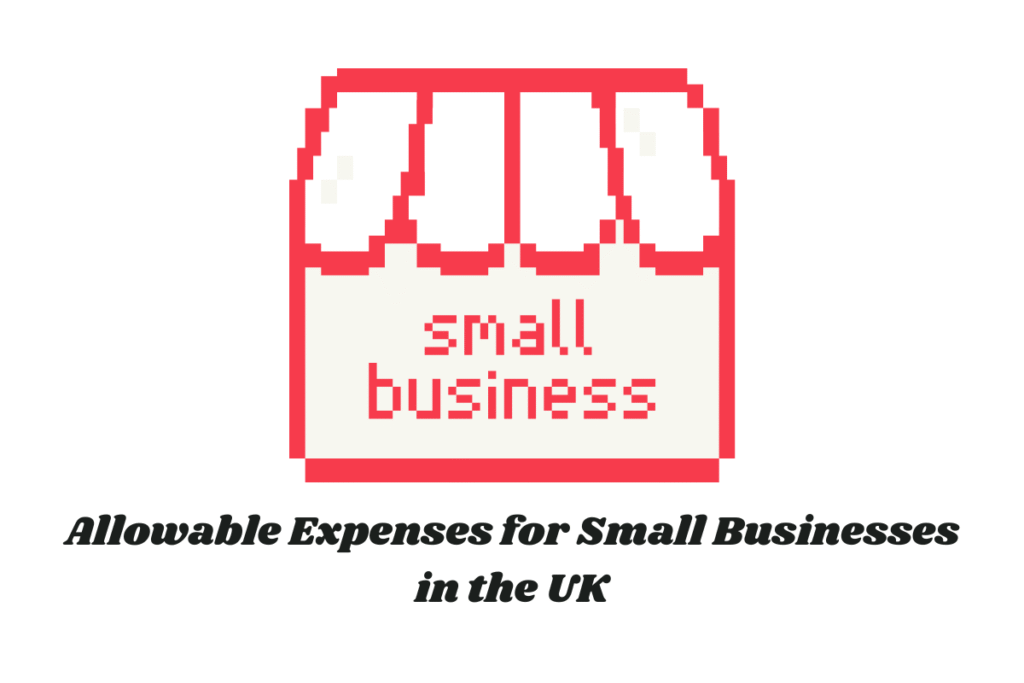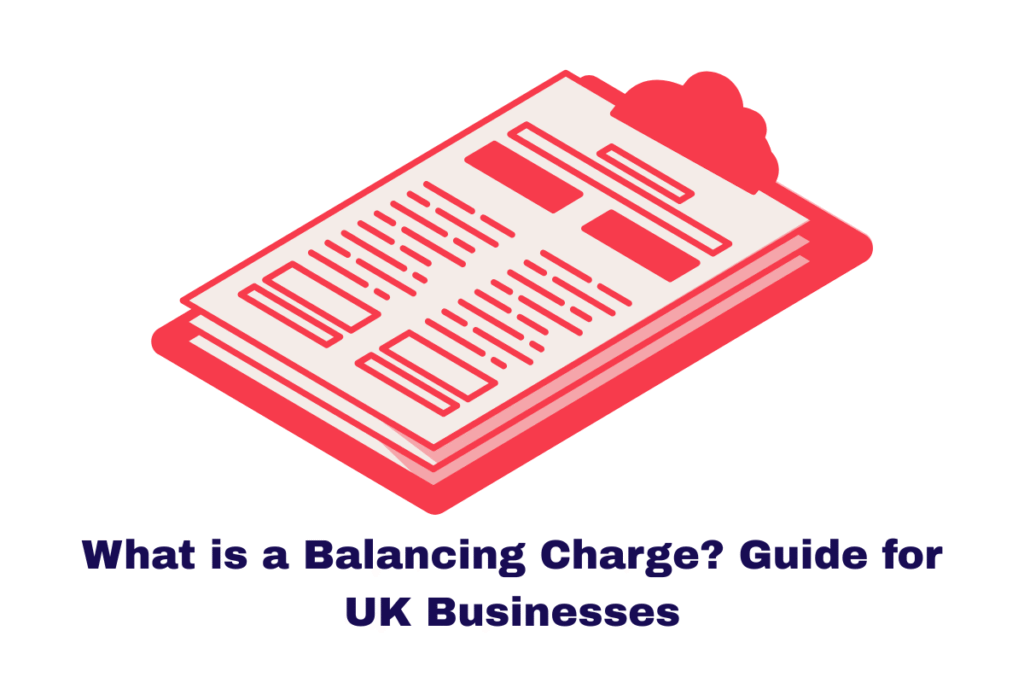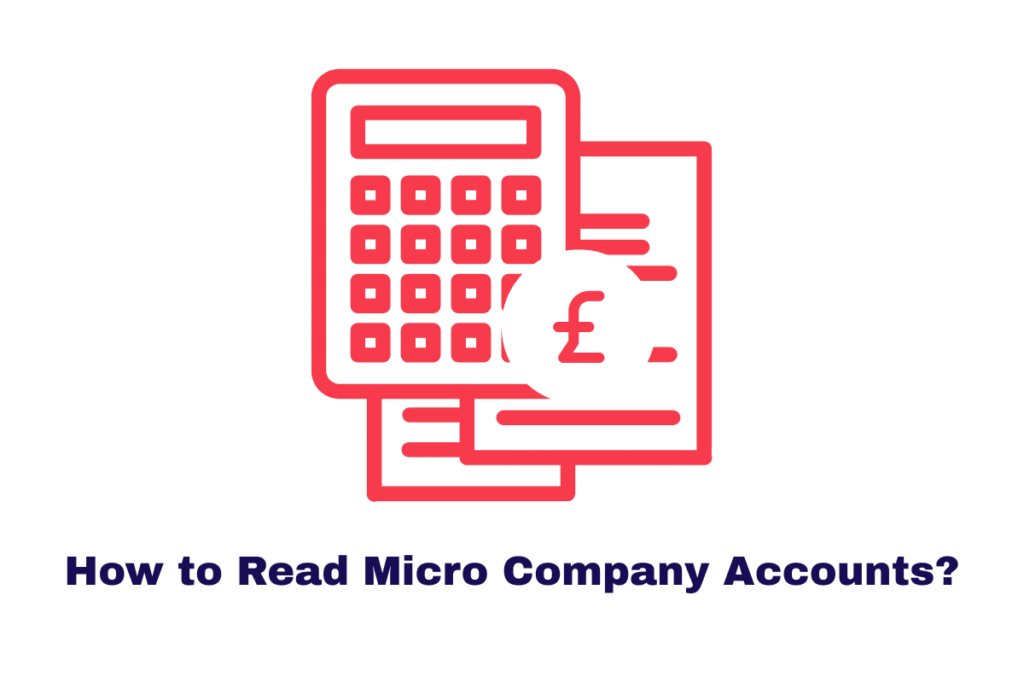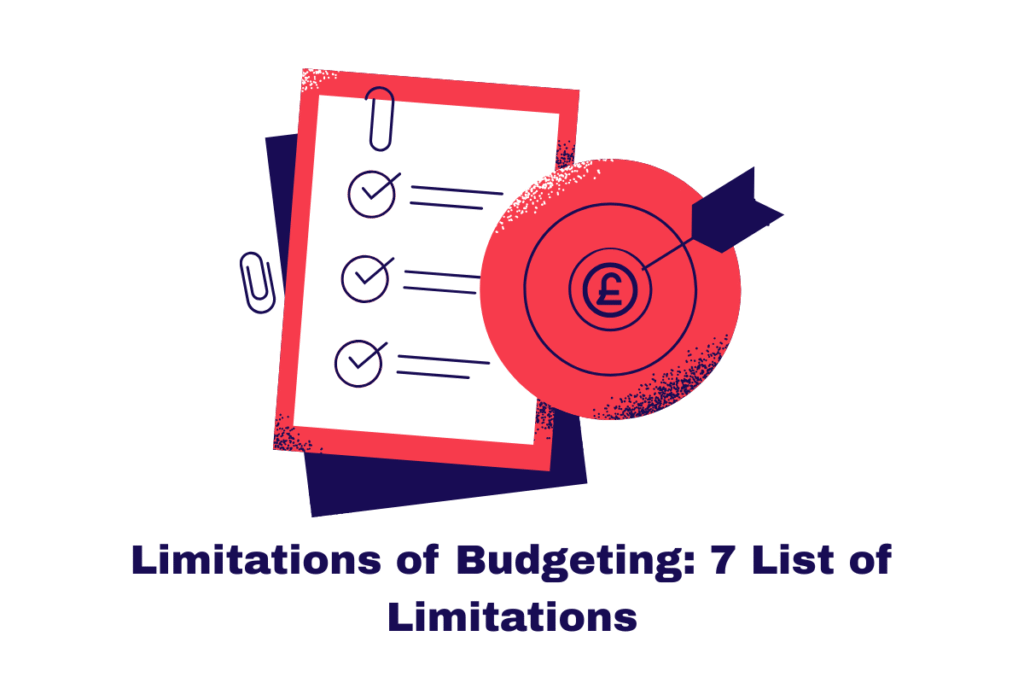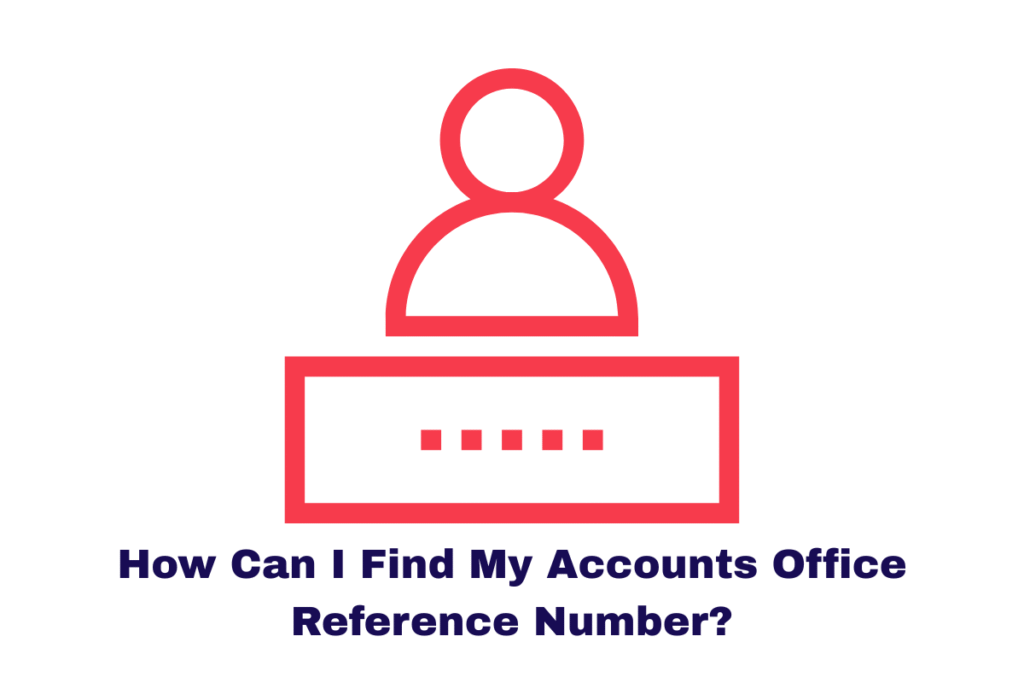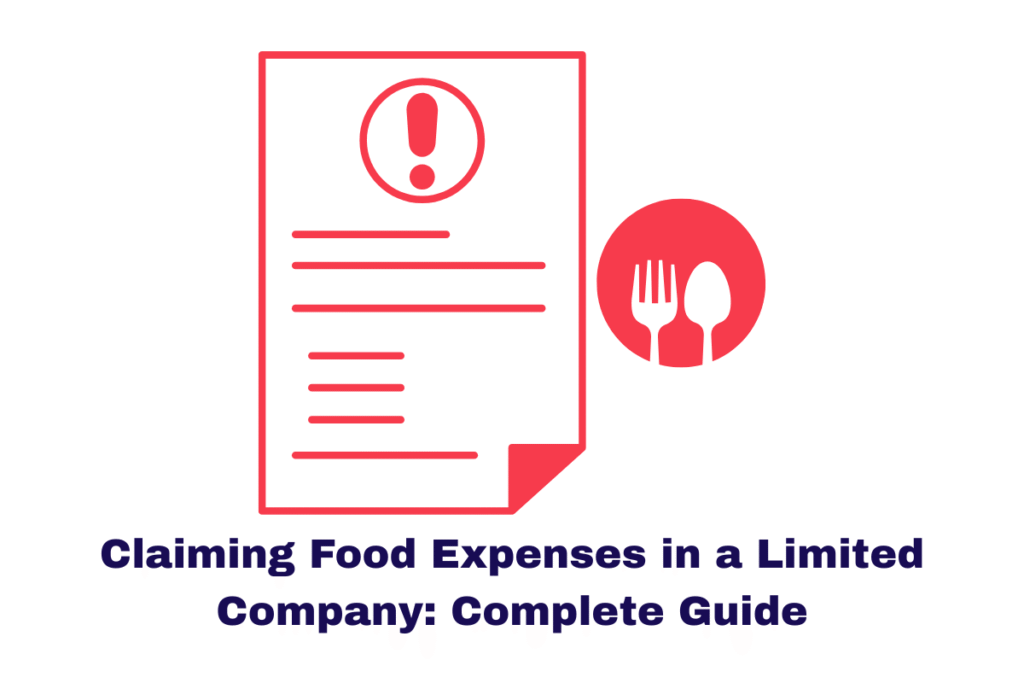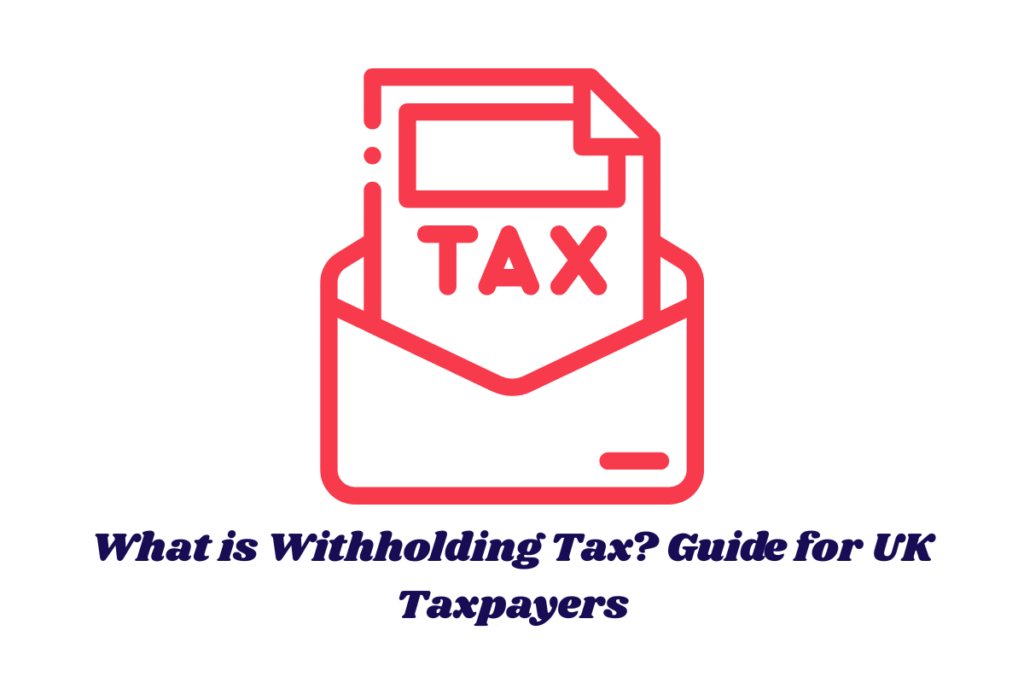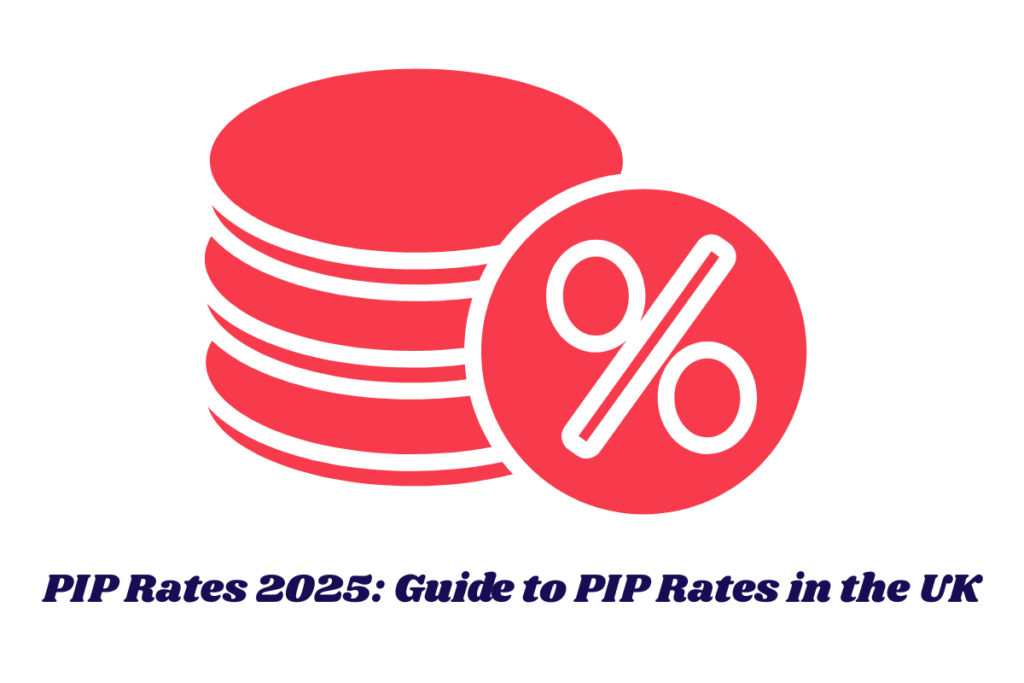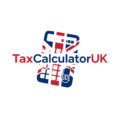Running a small business in the UK involves more than just tracking income. Understanding what qualifies as allowable expenses for small businesses is essential for accurate tax reporting and minimising your tax bill. In this comprehensive guide, we’ll unpack the rules around deductible expenses, landmark case laws, and practical examples—ensuring you’re compliant with HMRC and not paying more tax than necessary.
Summary
“This guide explores allowable expenses in detail, helping small business owners navigate tax rules and maximise legitimate deductions.”
What Are Allowable Expenses?
Allowable expenses are the running costs of your business that can be deducted from your income to work out your taxable profit. HMRC allows these expenses as long as they are “wholly and exclusively” for the purpose of your business.
Examples include office costs, travel, staff salaries, and certain professional fees. However, expenses that have a dual purpose—both business and personal—often fall into grey areas and may not be deductible.
Summary
“Allowable expenses are costs incurred solely for business purposes, helping reduce taxable income when properly claimed.”
Travel Expenses: Allowable vs Non-Allowable
Travel between different workplaces or to client meetings is generally allowed. However, daily commuting from home to your regular place of work is considered private and not deductible.
Case 1: Horton v Young [1971]
Mr Horton, a self-employed bricklayer, worked on various short-term sites and stored tools at home. The court ruled that his home was his business base, making his travel allowable.
Case 2: Samad Samadian v HMRC [2013]
Dr Samadian commuted between his home and various hospitals. Despite working from home occasionally, the court ruled this travel had a mixed purpose and was not allowable.
Summary
“Travel between business sites is allowable, but travel from home to work isn’t unless your home is clearly your business base.”
You can read more articles on different taxes in the UK:
PIP Rates 2025: Guide to PIP Rates in the UK
What is P800 Refund? How to Claim P800 Refund
Clothing and Appearance-Related Costs
Business attire is another area where many small business owners slip up. According to Mallalieu v Drummond [1983], everyday clothing is not deductible, even if worn exclusively for work, due to its dual purpose of “warmth and decency”.
However, if the clothing is a costume or uniform used solely for work (like a stage costume or branded uniform), the cost becomes allowable.
This was highlighted in Ms Daniels’ case (an exotic dancer), where extravagant costumes, makeup, and high-heeled shoes were considered allowable expenses for small businesses.
Summary
“Everyday clothing isn’t deductible, but costumes or uniforms used only for work can be claimed as allowable.”
Beauty Treatments, Make-up, and Hairdressing
Most self-employed individuals cannot claim grooming expenses. However, for performance-based roles like acting or dancing, these can be argued as business necessities.
In Ms Daniels’ tribunal, items such as theatrical makeup, perfume worn only during performances, and hair extensions were all accepted as allowable. The determining factor was that these purchases were incurred “wholly and exclusively” for her work, not for personal enhancement.
Summary
“Grooming expenses are usually private, but performers may claim them if proven essential for their job role.”
Office Costs and Utilities
If you’re running a small business from home, you may claim a proportion of household bills like:
- Electricity and gas
- Internet and phone bills
- Rent or mortgage interest
To claim these, you’ll need to calculate what percentage of your home is used for work and how often. For example, if one room out of five is used as your office for 40 hours a week, a portion of your total home running costs can be considered allowable expenses for small businesses.
Summary
“Home-based businesses can claim a fair portion of household bills as allowable expenses with proper records.”
Tools, Equipment, and Subscriptions
Items essential to the daily operation of your business—tools, machinery, IT equipment, software licences—are all deductible. If used for both personal and business purposes, only the business-use portion can be claimed.
Similarly, subscriptions to professional bodies, trade magazines, or learning platforms directly related to your business are allowable expenses for small businesses.
Summary
“Business tools and industry subscriptions are deductible as long as they support your operations directly.”
Marketing, Training, and Professional Fees
Advertising and promotional expenses, whether online or offline, qualify as allowable. So do fees paid to accountants, legal advisers, or consultants.
Additionally, if you take training courses to improve your existing business skills, these are allowable. However, courses unrelated to your current trade (e.g., training to start a new business) are not.
Summary
“Marketing, professional services, and skills training relevant to your current business are generally allowable.”
Record-Keeping: Why Documentation Matters
Although receipts aren’t legally required for every expense, keeping detailed records strengthens your claim in the event of a tax inspection. In the Daniels case, the judge accepted many of her undocumented expenses but also criticised her lack of record-keeping.
Make sure you use accounting software or at least maintain a digital spreadsheet and keep receipts wherever possible—even from market vendors.
Summary
“Accurate records and receipts support your expense claims and protect you during HMRC audits.”
Common Pitfalls That Lead to Penalties
Relying blindly on an accountant or submitting inaccurate records can lead to fines. HMRC has authority under Schedule 24 of the Finance Act 2007 to impose penalties for “carelessness”. The Daniels case also illustrates how strained relationships with HMRC can make matters worse.
Summary
“Inaccurate reporting and poor communication with HMRC can result in financial penalties—careful management is crucial.”
Final Thoughts
Understanding allowable expenses for small businesses ensures you maximise tax efficiency and stay compliant with HMRC rules. While some areas like travel and tools are clear-cut, others—like clothing and beauty—require careful documentation and a direct link to business necessity.
If in doubt, seek expert advice or use our tax tools to help you calculate expenses with confidence.
Summary
“A clear understanding of allowable expenses boosts tax efficiency and safeguards your business from HMRC scrutiny.”
✅ Try Our Free Tax Tools
Use our Listen to Taxman Calculator to calculate your income after taxes and get clarity on your allowable business expenses in real-time!
The content provided on TaxCalculatorsUK, including our blog and articles, is for general informational purposes only and does not constitute financial, accounting, or legal advice.
You can also visit HMRC’s official website for more in-depth information about the topic.
